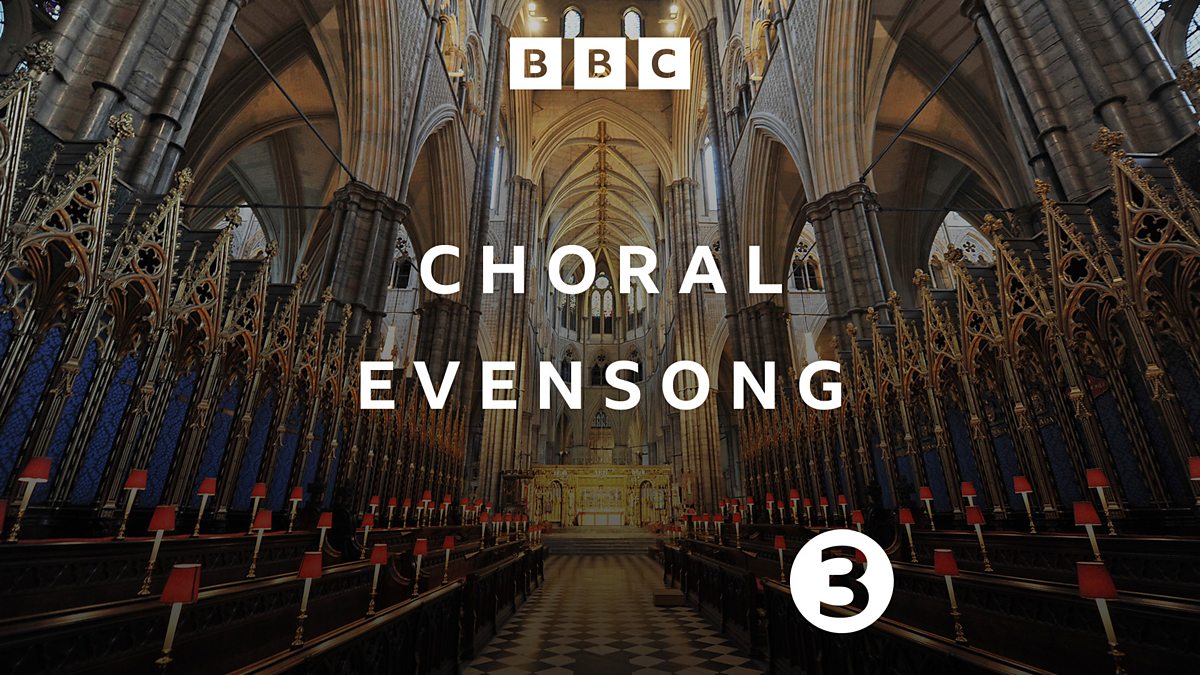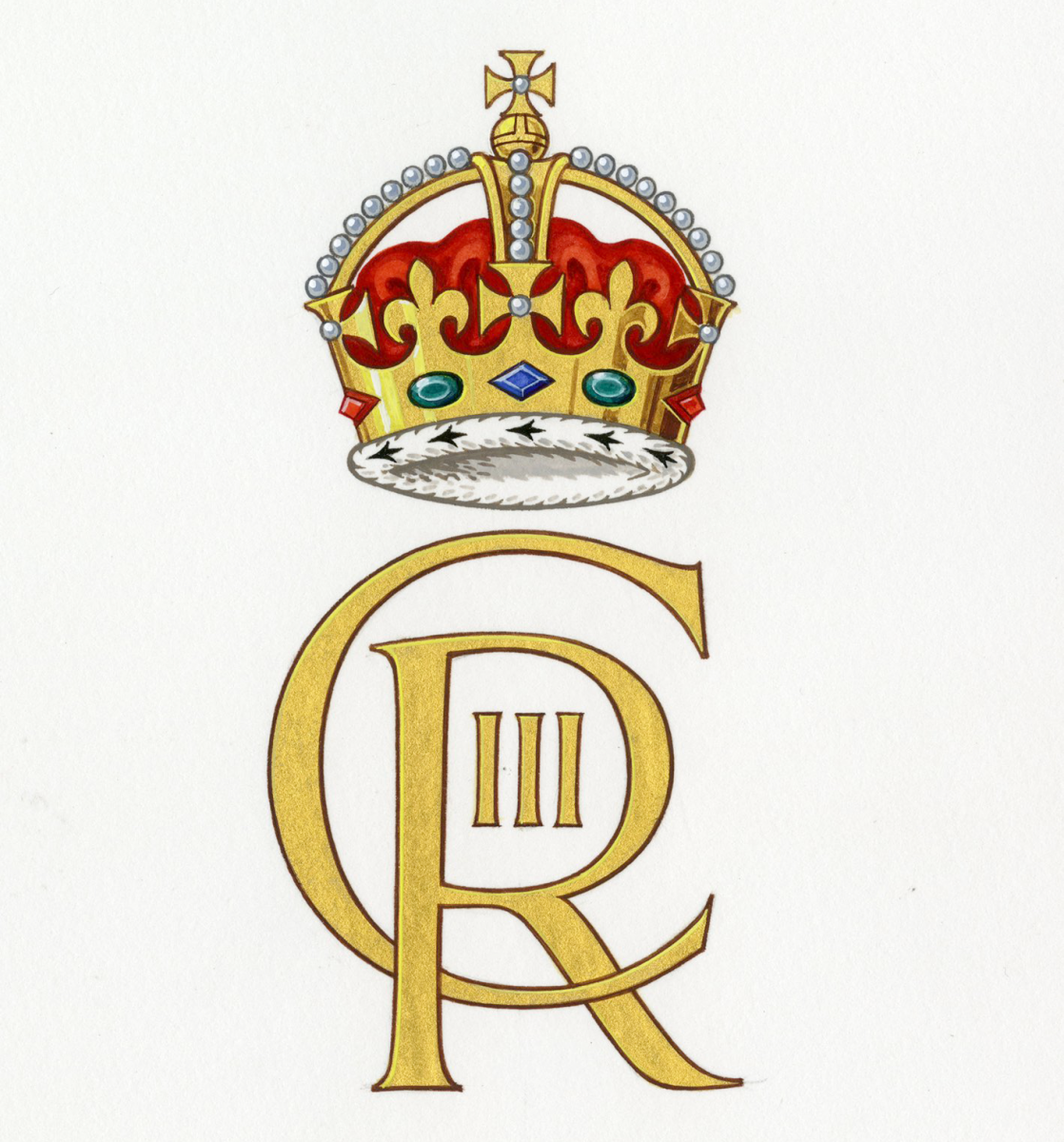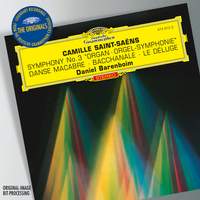Chapel Royal of St Peter ad Vincula, Tower of London
Order of Service:
Prelude: Wie schön leuchtet der Morgenstern (Scheidt)
Introit: Omnes da Saba venient (Handl)
Responses: Morley
Office hymn: Bethlehem of noblest cities (Stuttgart)
Psalms 41, 42, 43 (Stainer, Wesley, Anon from Wesley)
First Lesson: Joel 2 vv.28-32
Canticles: Second Service (Gibbons)
Second Lesson: Ephesians 1 vv.7-14
Anthem: The Three Kings (Jonathan Dove)
Hymn: From the eastern mountains (Evelyns)
Voluntary: Épiphanie (Litaise)
Christian Wilson (Assistant Master of Music)
Colm Carey (Master of Music)
Order of Service:
Prelude: Wie schön leuchtet der Morgenstern (Scheidt)
Introit: Omnes da Saba venient (Handl)
Responses: Morley
Office hymn: Bethlehem of noblest cities (Stuttgart)
Psalms 41, 42, 43 (Stainer, Wesley, Anon from Wesley)
First Lesson: Joel 2 vv.28-32
Canticles: Second Service (Gibbons)
Second Lesson: Ephesians 1 vv.7-14
Anthem: The Three Kings (Jonathan Dove)
Hymn: From the eastern mountains (Evelyns)
Voluntary: Épiphanie (Litaise)
Christian Wilson (Assistant Master of Music)
Colm Carey (Master of Music)



Comment